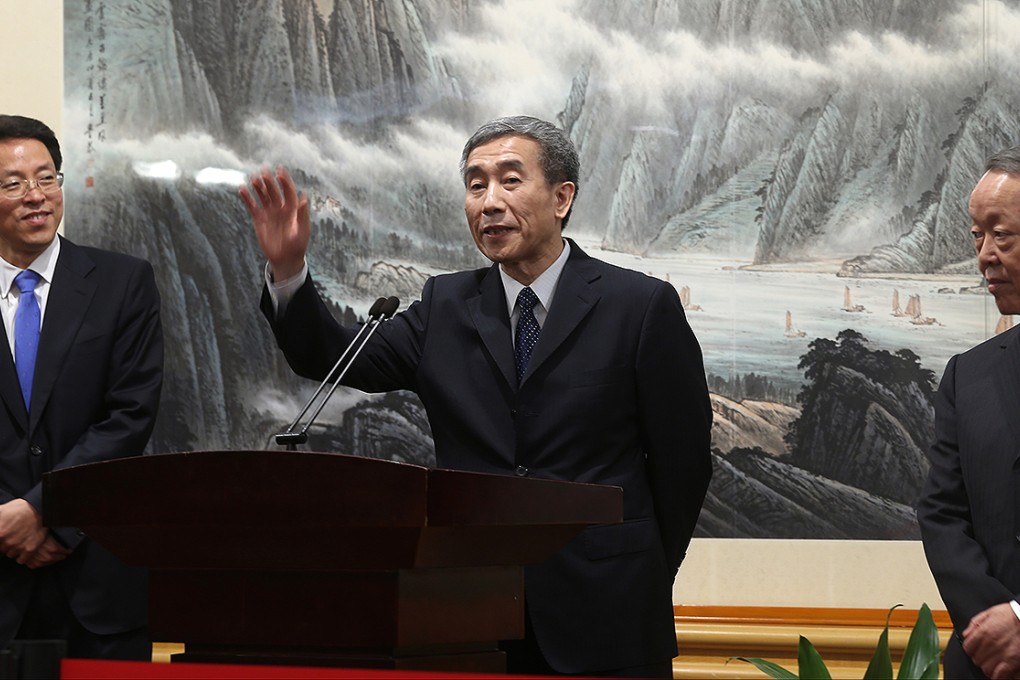Beijing warns it will not tolerate 'foreign meddling' in city's election
Central government warns of interference by outside groups trying to gain a 'bridgehead'

The foreign ministry has issued a tough warning against foreign interference in Hong Kong affairs ahead of Sunday's decision by Beijing on the city's electoral reform.
In a report by Xinhua yesterday, a spokesman for the ministry's department of Hong Kong, Macau and Taiwan Affairs said Beijing would not tolerate any attempt by foreign powers to interfere in the election in order to gain a foothold in China.
"Some people ignore the Basic Law provisions and the long-term interest of Hong Kong to collude with foreign powers in an attempt to interfere [with] the government administration," the spokesman said. "It is intolerable for them to use Hong Kong as a bridgehead to subvert and infiltrate the mainland."
The spokesman added that Beijing would rebut any foreign attempts to interfere in Hong Kong and China's internal affairs.
Veteran China watcher Johnny Lau Yui-siu said the warning was obviously a message to foreign governments and their diplomats not to try to influence the upcoming electoral reform.
"It is part of the national propaganda to counter the city's pan-democrats as well as warning against the interference of foreign powers," Lau said.